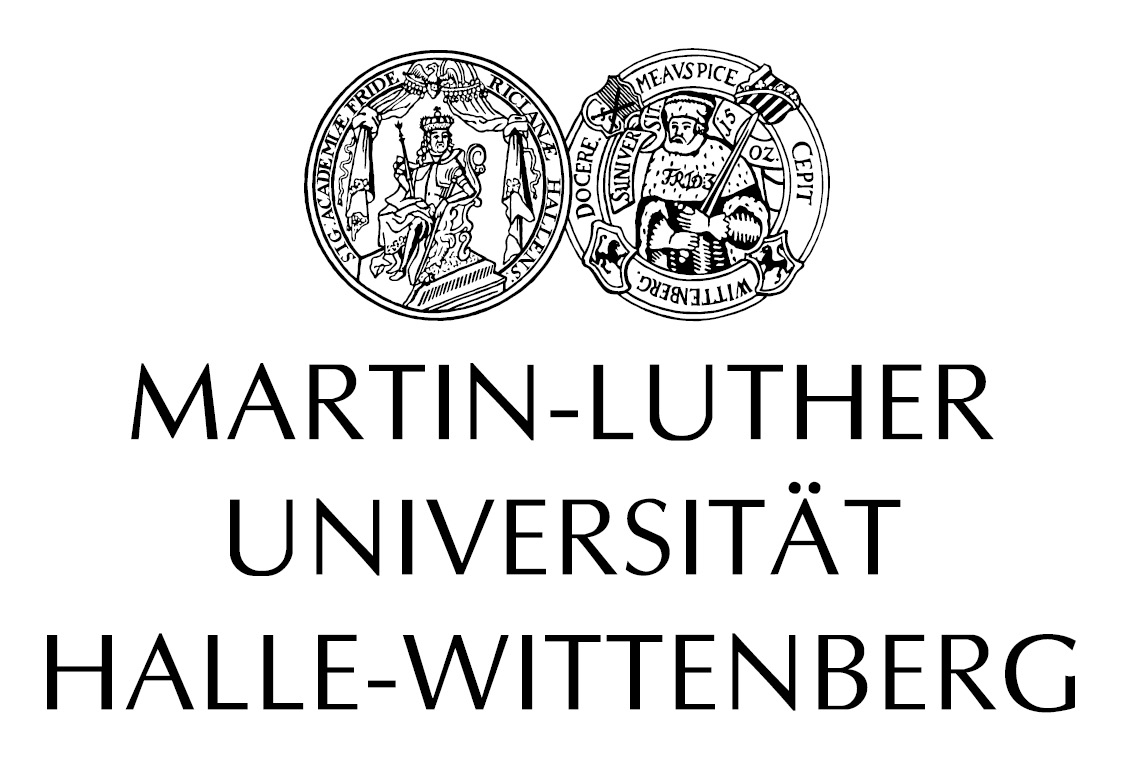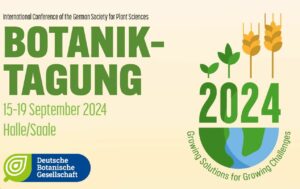On 09 May, 2022 we welcome Prof. Dr. Roland Lill from the Institute of Cytobiology, Center for Synthetic Microbiology of the Philipps University Marburg as a guest of the RTG. The research of his group focuses on the molecular mechanisms underlying the biogenesis of iron-sulfur (Fe/S) proteins in eukaryotes. Related to this he will give a talk titled “Machinery and mechanisms of Fe/S protein biogenesis inmitochondria and cytosol of eukaryotes” as part of the Halle Plant Science Colloquium at 5:00 pm in presence.
Date: 09 May, 2022
Time: 5:00 pm to 6:30 pm
Format: Presence
Location: Lecture hall Greenhouse Biologicum, Weinbergweg 10
Abstract: Iron-sulfur (Fe/S) proteins are involved in numerous important cellular processes such as respiration, metabolism, genome maintenance, protein translation and antiviral response. The synthesis of Fe/S clusters and their assembly into apoproteins in (non-green) eukaryotes is a complex process involving more than 30 proteins located in mitochondria and cytosol. Biogenesis of mitochondrial [2Fe-2S] and [4Fe-4S] proteins is accomplished by the iron-sulfur cluster assembly (ISC) machinery which was inherited from bacteria during evolution [1]. Cytosolic and nuclear Fe/S protein assembly also depends on the function of this machinery, yet additionally requires the mitochondrial ABC exporter ABCB7 and the cytosolic iron-sulfur protein assembly (CIA) machinery [2]. Interestingly, mitochondrial Fe/S protein biogenesis co-evolved with the existence of the entire organelle, defining this process as both the minimal and essential function of mitochondria or related mitosomes and hydrogenosomes [3]. A combination of in vivo and in vitro studies provided a decent picture of the general outline of Fe/S protein biogenesis. Detailed molecular mechanisms underlying the individual reaction steps are currently elucidated by using cell biological, biochemical, biophysical, and ultrastructural approaches. The presentation will provide some of our recent insights into the molecular mechanisms of cellular Fe/S protein maturation and function. This will include i) the de novo synthesis of the [2Fe-2S] cluster on the mitochondrial scaffold protein ISCU2, ii) the mechanisms underlying reductive fusion of two [2Fe-2S] to one [4Fe-4S] cluster on the mitochondrial ISCA proteins, and iii) the role of mitochondria in Fe/S cluster assembly on cytosolic and nuclear apoproteins by the CIA system. These mechanistic insights may eventually help improving our molecular understanding of the biochemical consequences of numerous “Fe/S diseases” linked to most ISC and recently also some CIA gene mutations [1].
Recent reviews:
- Lill, R. and S.A. Freibert, Mechanisms of Mitochondrial Iron-Sulfur Protein Biogenesis. Annu Rev Biochem, 2020. 89: p. 471-499.
- Lill, R., From the discovery to molecular understanding of cellular iron-sulfur protein biogenesis. Biol Chem, 2020. 401(6-7): p. 855-876.
- Braymer, J.J., et al., Mechanistic concepts of iron-sulfur protein biogenesis in Biology. Biochim Biophys Acta Mol Cell Res, 2021. 1868(1): p. 118863.
If you like to meet with the speaker, please contact the host, Ralf-Bernd Klösgen in advance.
The Halle Plant Science Colloquium (HPSC) is an interdepartmental colloquium of Institutions of the Martin-Luther-University working on any aspect of functional plant biology.
Interested in plant science? – Find more HPSC events listed here: https://www.landw.uni-halle.de/prof/pflanzenernaehrung/hpsc/



